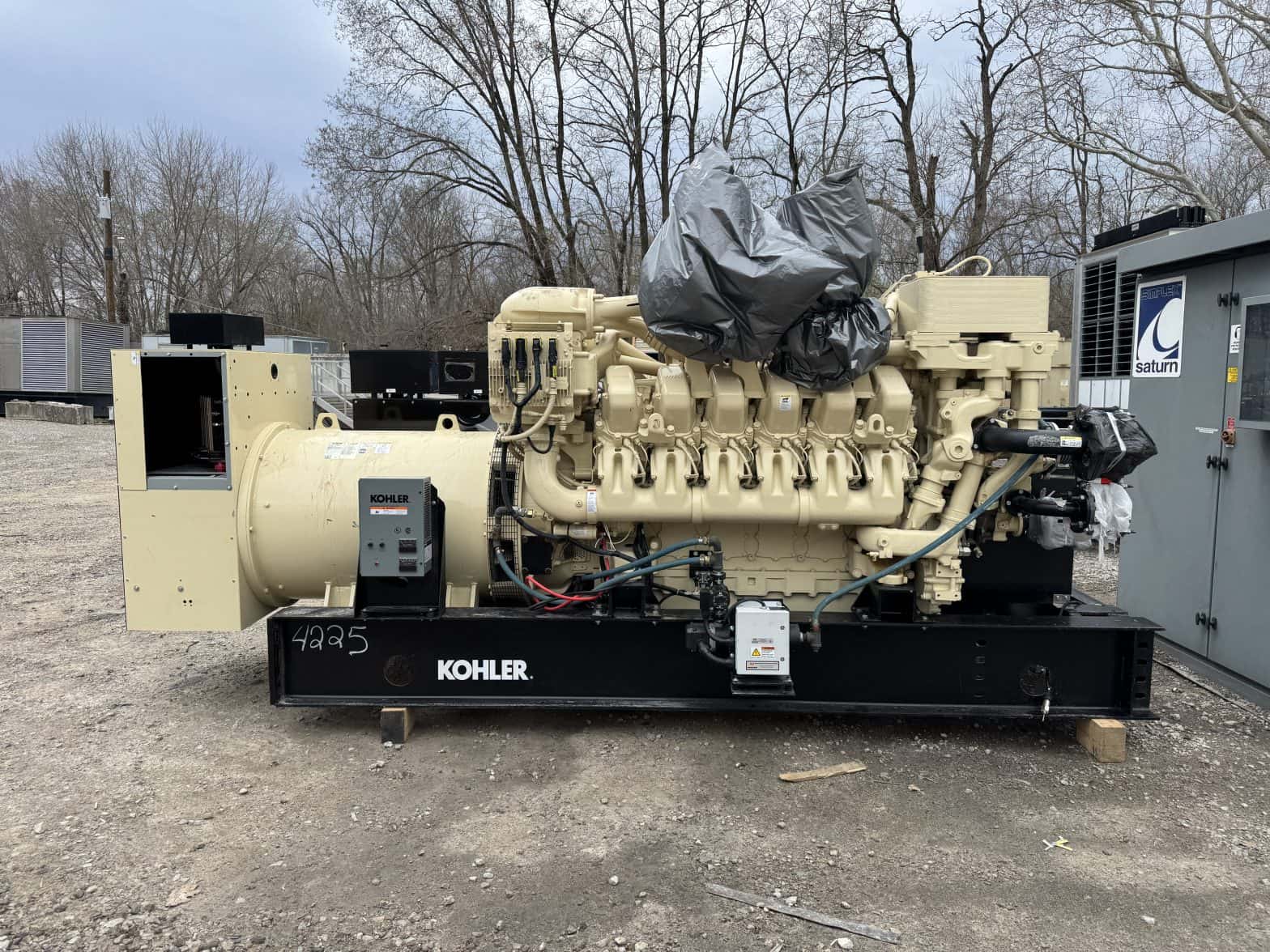As temperatures drop, diesel engine owners face unique challenges in keeping their equipment running efficiently. Cold weather can impact fuel, filters, oil, coolant, and diesel exhaust fluid (DEF), making it essential to take proactive measures. Here’s a comprehensive guide to help you winterize your diesel engines and maintain peak performance throughout the season.
1. Winter Fuel Considerations
Not all diesel fuels are the same. Winter blends or #1 diesel fuel are specially designed to prevent
fuel gelling, a process where paraffin wax in diesel solidifies in freezing temperatures, potentially clogging filters and stalling the engine.
Tips for Fuel Management in Winter:
- Use Winter Blends: Consult your engine manual for approved fuel blends and additives.
- Prevent Condensation: Fill the fuel tank at the end of each shift to minimize condensation, which can freeze overnight.
- Stock Extra Filters: Keep spare fuel filters on hand to replace any clogged by gelled fuel.
- Drain Water Separators: Regularly empty water separators to prevent freezing.
2. Engine Oil for Cold Weather
Cold temperatures affect oil viscosity, which can hinder engine performance. Synthetic oils like
5W-40 cover a wide temperature range and are suitable for most climates, from -22°F to 105°F (-30°C to 40°C). For Arctic conditions below 10°F (-12°C), lighter oils like
0W-30 or
0W-40 are recommended.
What You Should Do:
- Check your engine manual for the manufacturer’s recommended oil viscosity for winter.
- Consider switching to synthetic oil for better cold-weather performance.
3. The Importance of Coolant
Coolant doesn’t just prevent overheating; it also protects your engine from freezing. A proper mix of
50/50 extended life coolant (ELC) and distilled water is effective down to -40°F (-40°C).
Cold Weather Coolant Tips:
- Ensure your coolant is at the correct mix ratio.
- For extreme cold, consider using block heaters to keep coolant warm and prevent freezing.
- Regularly inspect the cooling system for leaks or cracks, which can worsen in cold conditions.
4. Managing Diesel Exhaust Fluid (DEF)
DEF, critical for emission systems, is 68% water and will freeze in low temperatures. However, modern systems are designed to handle freezing and thawing.
What to Know About DEF in Winter:
- Always keep the DEF tank full to avoid engine derating.
- DEF systems include heaters to thaw frozen fluid and purge lines to prevent freezing within the system.
Why Winterization Matters
Winter maintenance is about more than just ensuring functionality—it’s about avoiding costly downtime and equipment damage. By addressing fuel, filters, oil, coolant, and DEF proactively, diesel engine owners can protect their equipment and ensure reliable performance throughout the cold months.
Take the time to consult your engine’s operation manual and follow these best practices to keep your diesel engines running smoothly all winter long.



